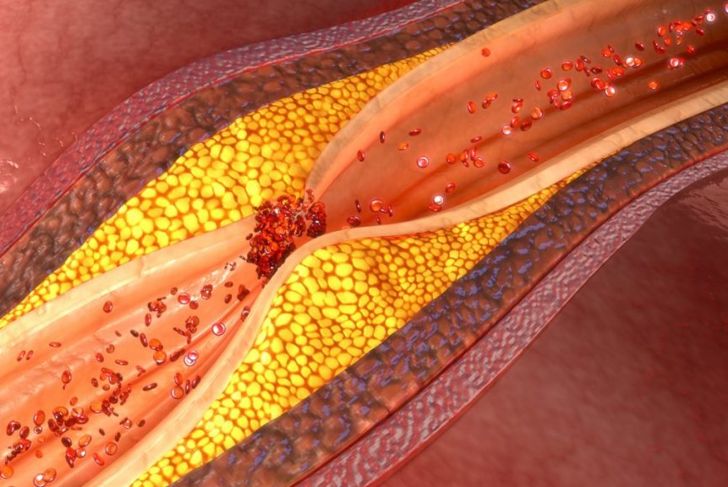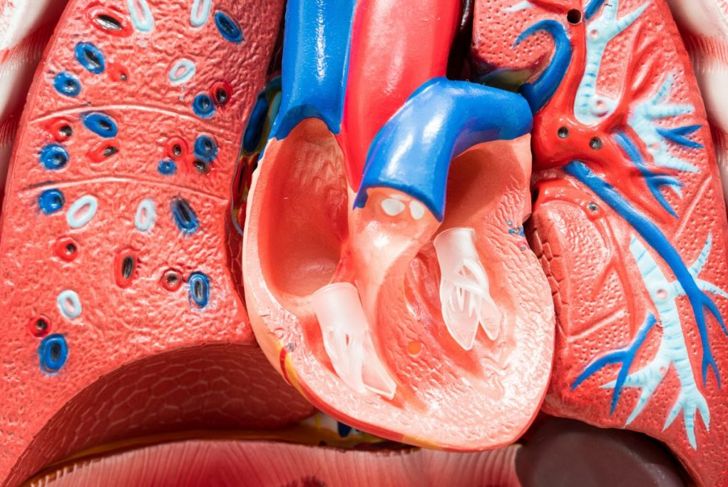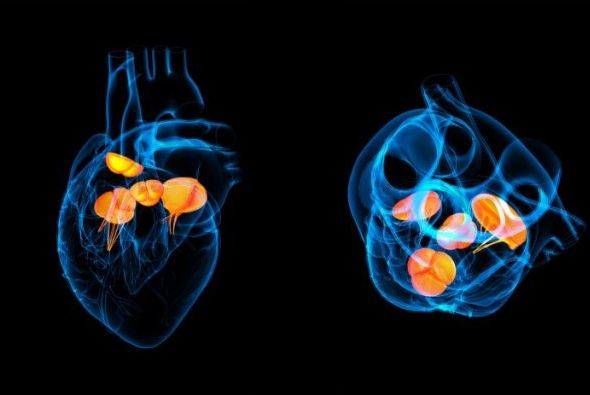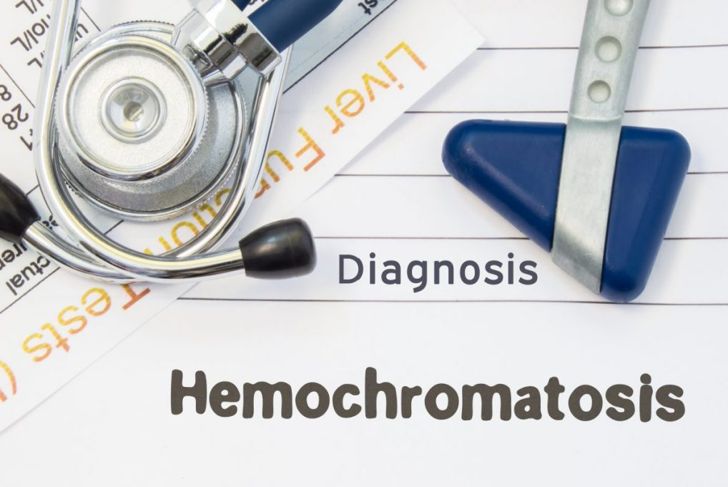Heart or cardiovascular disease is an umbrella term that describes damage to the heart and blood vessels due to lifestyle, congenital conditions, or the aging process. The heart is the engine of the body. Healthy food, exercise, and reduced stress can all decrease the likelihood of developing a cardiovascular illness. A variety of heart diseases can detract from good health.
Atherosclerotic Disease
Atherosclerotic disease refers to a condition affecting the function of blood vessels. The symptoms differ depending on gender. Men have chest pain, while women are more likely to feel nausea, chest discomfort, or shortness of breath. People may also experience severe fatigue and overall weakness or pain. Numbness in the arms and legs may occur due to the compromised ability of damaged blood vessels to provide proper blood flow to the limbs. Many people do not realize they’re ill until they experience a cardiac or pulmonary event like a heart attack, angina, stroke, or even heart failure. Regular checkups with a doctor and a healthy lifestyle can help prevent cardiac distress and disease.
Heart Arrhythmias
Abnormal heartbeats are medically known as heart arrhythmias and are a common cause of cardiovascular disease. An individual with a heart arrhythmia will experience symptoms like chest pain, breathlessness, and syncope or fainting. Common heart arrhythmias include bradycardia, a racing heartbeat, and tachycardia, a fluttering in the chest. The beating can vary depending on the age of the individual, their health, and their environment.
Congenital Heart Disease
Congenital heart disease is something a person is born with and is usually detected immediately after birth, as symptoms are quickly evident. Infants may develop cyanosis, where the skin turns pale and appears blue or gray. Other common symptoms of a congenital heart defect include swelling around the eyes, legs, and abdomen. Babies struggle to breathe when they eat which makes it difficult for them to gain weight and grow. Less severe congenital heart diseases typically aren’t diagnosed until people are older. During physical activity, symptoms such as shortness of breath, and swollen ankles, feet, and hands become apparent.
Dilated Cardiomyopathy
The type of illness caused by weakened heart muscles is known as dilated cardiomyopathy. At the early stages of the disease, there aren’t many apparent symptoms. As dilated cardiomyopathy progresses, the symptoms begin to advance. A person with the condition may experience fatigue, fainting, irregular heartbeats that can feel like fluttering or quick pounds in the chest, swollen limbs, and general shortness of breath.
Endocarditis
Endocarditis is an infection or condition that concerns the inner membrane that divides the chambers and valves of the heart or endocardium. A heart infection causes similar symptoms to other cardiovascular diseases, such as fever, breathlessness, feeling tired, swollen abdomen and legs, changes in heartbeat, chronic cough, and an unusual rash.
Valvular Heart Disease
There are four valves in the heart: the aortic, mitral, pulmonary, and tricuspid valves. The valves shutter open and closed, allowing blood to flow through the heart. Any number of conditions damages the valves and prevent blood flow; this is called stenosis. Narrowed valves may leak. Symptoms of valvular heart disease vary depending on the amount of damage. General symptoms include irregular heartbeats, fainting, tiredness, chest pain, and swollen extremities.
Common Causes of Heart Disease
Atherosclerosis is fat in the arteries which hardens and becomes plaques in the vessels and stiffens the artery walls. The fatty plaque prevents proper blood flow throughout the body. Atherosclerosis is the most prevalent cause of heart disease, and lifestyle often contributes, including poor eating routines, a sedentary lifestyle, obesity, and smoking. Changes to eating and exercise routines may help reverse the negative effects of atherosclerosis.
Causes of Heart Arrhythmias
Heart arrhythmias are abnormal heart rhythms. Typically, these unusual heartbeats link to congenital heart conditions or coronary artery disease. Individuals with high blood pressure, diabetes, or those who misuse caffeine, alcohol, or drugs may develop an irregular heartbeat. Stress, over-the-counter medicines, herbal supplements, and valvular heart disease can also cause heart arrhythmias.
Hypertrophic Cardiomyopathy
There are three primary categories for conditions involving an enlarged heart: dilated, restrictive, and hypertrophic cardiomyopathy. Hypertrophic is a Greek word that means excessive nourishment, but cardiologists use the term to describe a heart muscle that is too thick to function properly. Typically, hypertrophic cardiomyopathy is inherited but may develop over time due to high blood pressure and the effects of the aging process.
Restrictive Cardiomyopathy
Restrictive cardiomyopathy is the rarest type of an enlarged heart condition. The heart muscle is less flexible and elastic when faced with symptoms of restrictive cardiomyopathy. The disease can develop for no reason. However, illnesses like excessive iron (hemochromatosis), connective tissue disorders, protein build-up (amyloidosis), and some cancer treatments, can result in restrictive cardiomyopathy.

 Home
Home Health
Health Diet & Nutrition
Diet & Nutrition Living Well
Living Well More
More




















